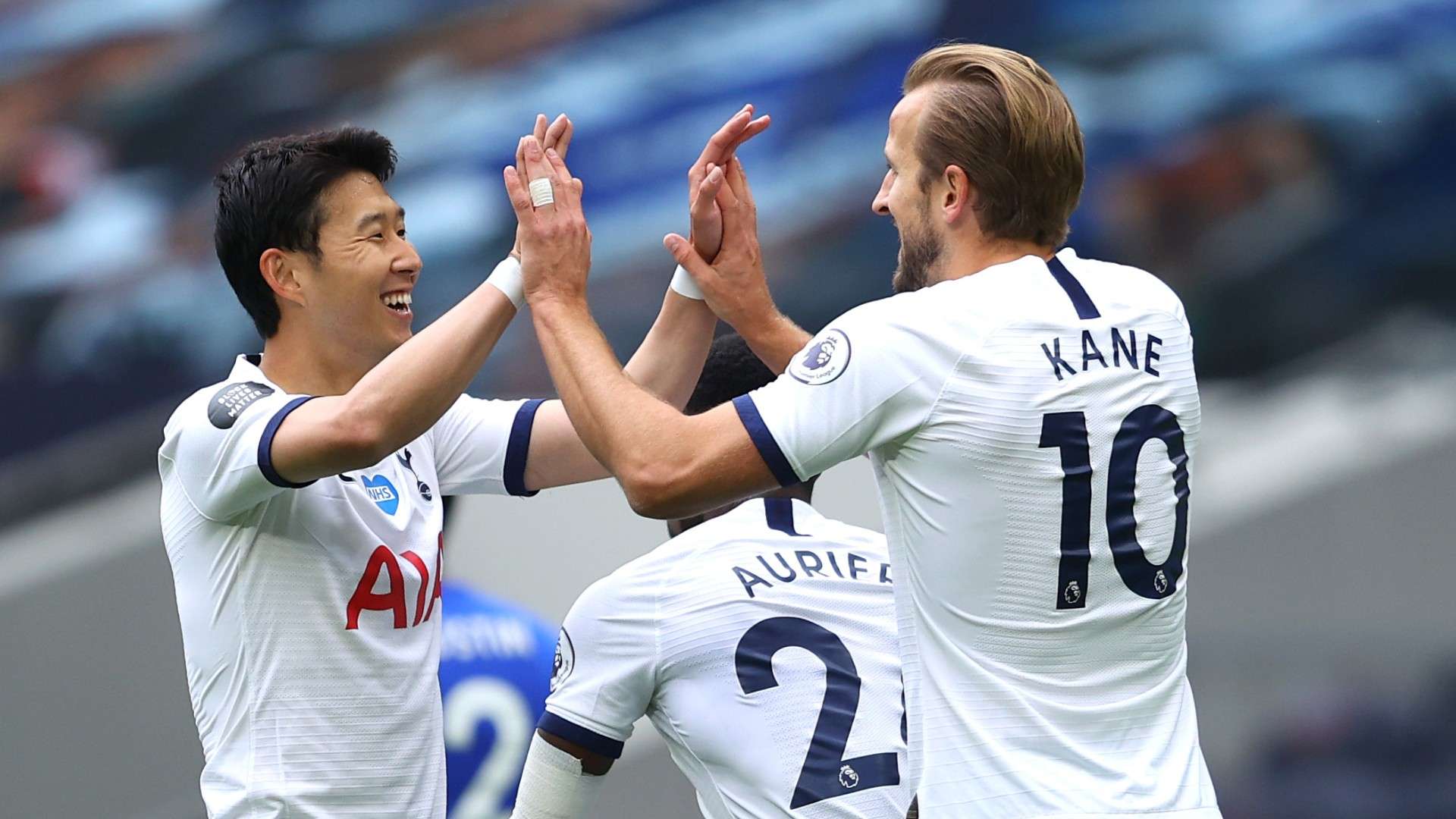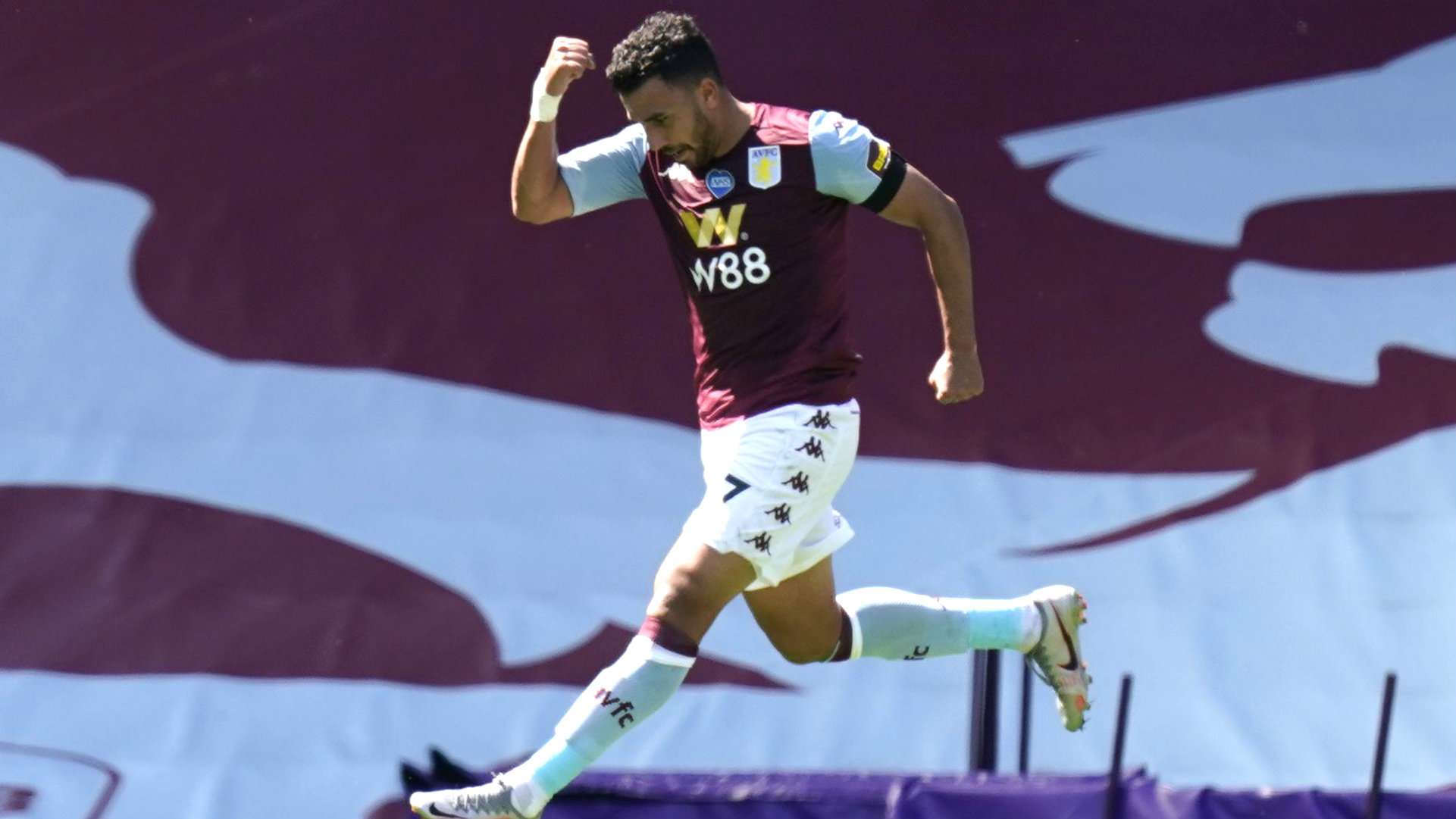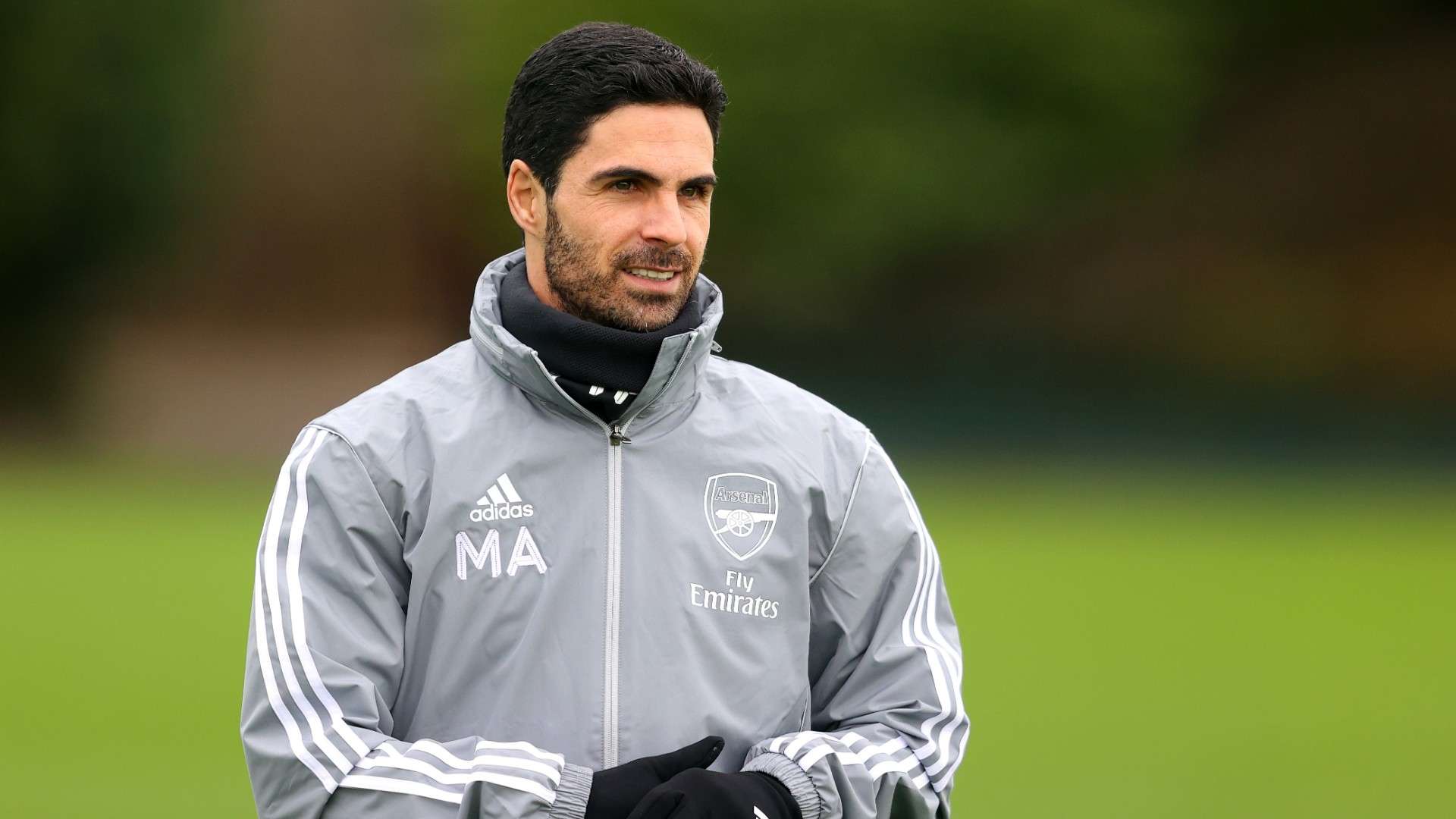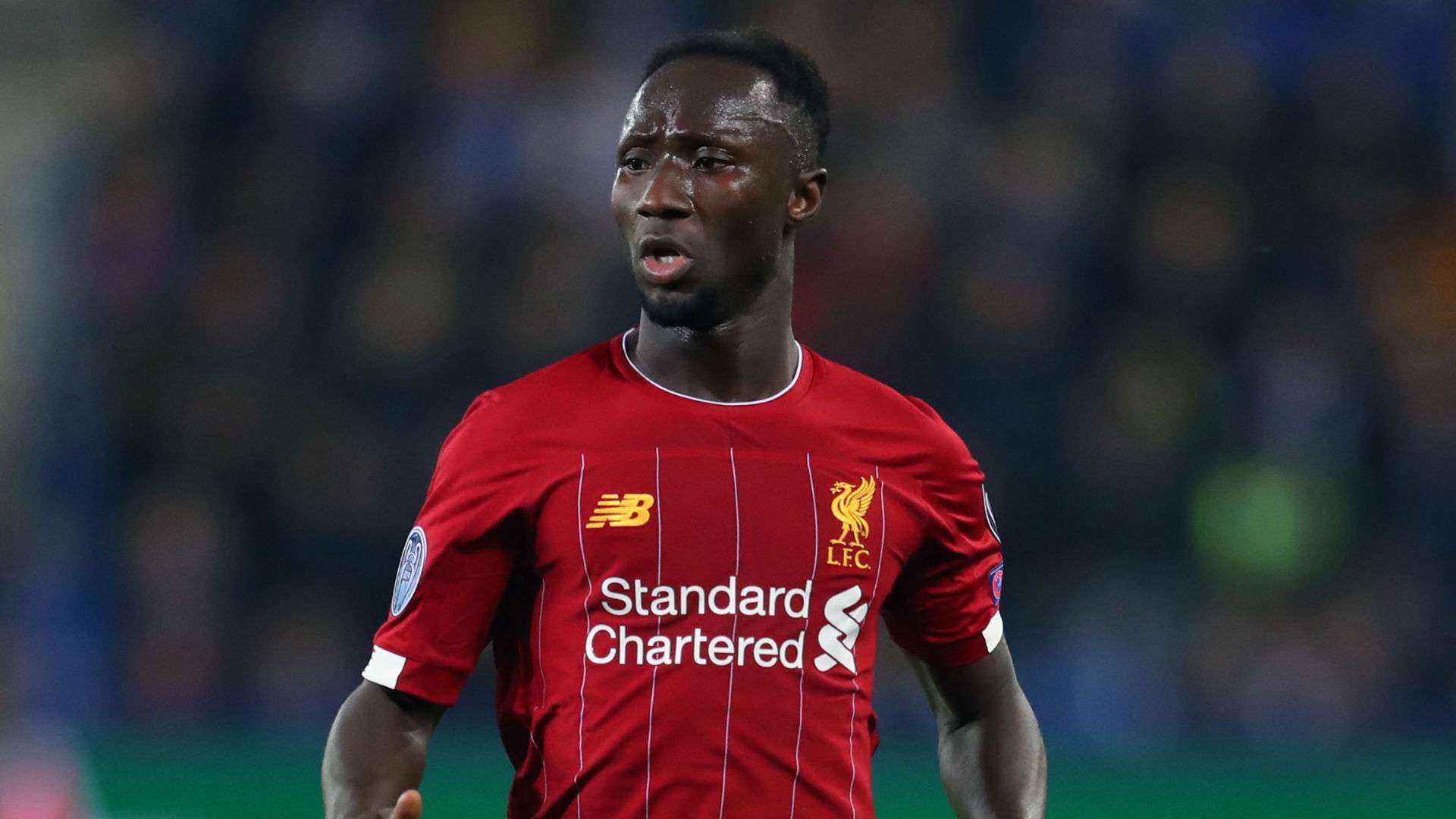Liverpool finally lifted the Premier League trophy on Wednesday night but the Merseysiders' title triumph has been long since sealed.
Indeed, the latest round of matches were far more meaningful for those trying to avoid relegation or secure a top-four finish.
Below, Goal analyses the major tactical talking points from matchday 37...
1) Spurs counter on the outside of Leicester’s back three
In his post-match press conference, Tottenham boss Jose Mourinho revealed his tactical plan for the 3-0 victory over Leicester City.
“We decided to take away from them where they can hurt us, which is basically behind us," the Portuguese explained.
"We took away from them our defensive depth by making our defensive block a little bit lower than we normally do. Then, we gave the ball to them, to their back three, because we wanted them to bring the ball and we wanted them to feel quite comfortable leaving their comfort zone."
This is exactly what happened at the Tottenham Hotspur Stadium. Leicester’s makeshift back three were encouraged forward on the ball to help probe for space against an unusually deep Spurs, which left an entire half of the pitch free for Mourinho’s forwards to counter-attack.
 Getty
Getty
Without Caglar Soyuncu, it was relatively easy for Lucas Moura and Son Heung-Min to break on the outside of a narrow back three.
All three of Tottenham’s first-half goals were scored on the counter, each from a three-on-three scenario. The way Harry Kane played the ball through to Son – without looking up – ahead of the opening goal was clear evidence of this being a pre-planned tactical strategy.
2) Villa’s tactical Zoom meetings put 'Great Escape' within reach
Aston Villa’s unexpected 1-0 win over Arsenal has put them on the brink of Premier League survival. Dean Smith’s side have won seven points from their last three games after collecting just two points from their previous 10 – a dramatic change that is entirely the result of defensive improvements.
Villa’s problems were always about being too porous; they sit sixth in the league for chances created but have conceded the second-most goals in the division.
However, a shift in tactical strategy towards a more resolute and compact shape, coupled with superb performances from Ezri Konsa and Douglas Luiz in particular, has given Villa a newfound steeliness.
 Getty Images
Getty Images
Before the suspension of play in March, Villa recorded an expected goals against (xGA) of less than one just twice in 28 Premier League matches. Since the restart, they have achieved it six times.
Smith deserves credit for turning things around, citing extensive video conference calls during lockdown as the reason for his side’s good performances.
3) Risk-taking in the top and bottom thirds of the pitch show Arsenal believe in Arteta
Arsenal’s brilliant 2-0 victory over Manchester City in the FA Cup semi-final can be broken down into two distinct tactical elements: aggressive collective pressing in the final third; and daring possession football in their defensive third.
Both strategies require hard work, patience, tactical intelligence – and belief. To take risks as a team is to trust the manager’s plan.
Granit Xhaka was unusually bullish in his defensive work, sprinting a long way out of central midfield to stay tight to Kevin de Bruyne throughout the match.

The Belgian regularly dropped short to try to control the game, but Xhaka would not let him, bravely leaving his zone because he had faith that his team-mates would back him up and cover. And they did, pressing high to disrupt Man City’s rhythm.
In their own third, Arsenal were happy to play high-risk short-passing football designed to lure Man City forward, then quickly break into the spaces behind after outmanoeuvring Pep Guardiola’s players. It is exactly what Unai Emery wanted to do, but because he didn’t inspire the faith Arteta does, Arsenal would regularly hesitate, hit it long, or make an error.
4) Explosive Keita hints at new direction for Liverpool in 2020-21
End-of-season matches as chaotic as Liverpool’s 5-3 victory over Chelsea shouldn’t be taken seriously, and, distracted by the trophy lift, Jurgen Klopp’s side played with a manic energy more reminiscent of Klopp’s first two years in charge than his last two.
However, Naby Keita’s bright performance – particularly in the first half – is worthy of discussion. Keita has rarely shown Liverpool fans his true quality, but games like Wednesday night’s reveal the depth of his talent.
Even before his brilliant opener, Keita was shimmying cleverly into space between the lines, making the most of Liverpool’s numerical advantage in central midfield by turning sharply in possession and driving his team forward. The goal merely typified his early line-breaking enthusiasm.
 Getty
Getty
That explosive quality is exactly what he was signed for in 2018, when Liverpool needed to replace Philippe Coutinho (playing as a No.8 towards the end of his Anfield career) and find a way to break down increasingly compact defences.
Perhaps finally, after two difficult years, Keita is ready to deliver on his promise.
5) Solskjaer’s failure to make tactical subs highlights need for new recruits
Manchester United looked exhausted throughout their 1-1 draw with West Ham United, which was both excusable and not.
It is hardly a surprise that the club’s star players have grown weary after playing twice a week for more than a month and yet it is Ole Gunnar Solskjaer’s tactical responsibility to rotate his starting 11 to prevent burn out.
He made just one tactical change on Wednesday night (replacing Marcus Rashford with Odion Ighalo after 85 minutes) despite United’s fatigue, despite the fact they needed a goal, and despite the fact he needs his star players fresh for Sunday’s crunch match against Leicester City. That is first and foremost poor management from the Norwegian.
It also highlighted just how little faith Solskjaer has in his squad players, many of whom – notably Daniel James and Jesse Lingard - have been conspicuously absent since the restart.
If United expect to challenge for the Premier League title next season they need several new recruits to fight for first-team places.
